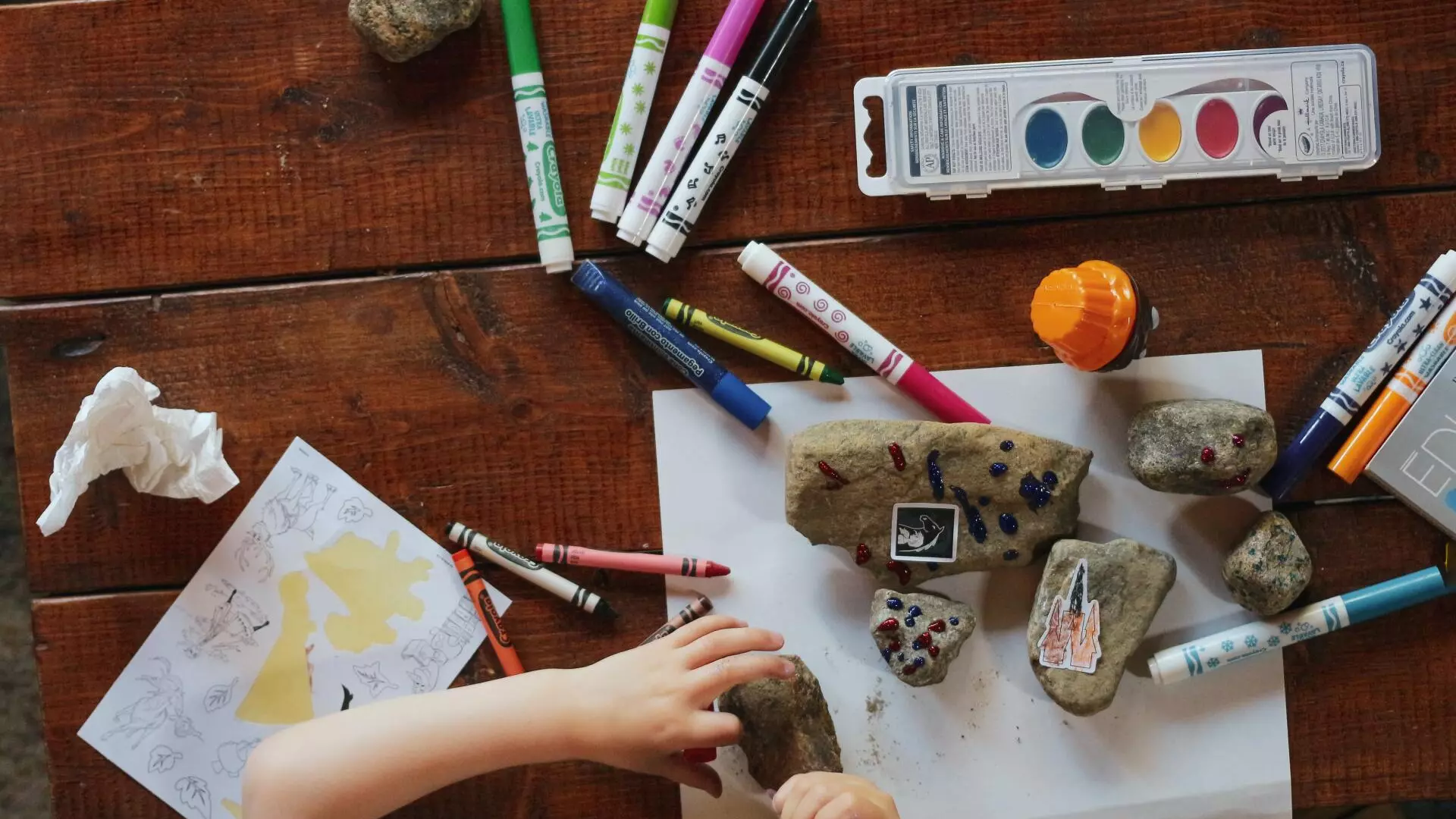Article
Social Media for Kids: Yes or No?

Social Media and Your Kids: Is It Ever a Good Combo?
It’s a question that generates strong opinions. When you listen to a young Mum talking about the loss of a child who took their own life due to online bullying, it’s hard not to believe that enough is enough. One life lost is one too many.
Governments across the world are grappling with legislation to rein in the downsides of social media on kids. But will new laws help, and are they the solution? Read on as we look at some of the issues involved and how you can keep your kids safer.
How Young Is Too Young to Have a Social Media Account?
The big social media platforms such as Facebook, X (formerly Twitter), Instagram and TikTok require users to be at least 13. This applies to New Zealand and Australia.
Many parents believe the age limit comes with an implicit assurance social media platforms are safe and appropriate for kids once they reach the age of 13. They may also deduce they are unsafe for kids under 13.
However, with constantly changing algorithms pushing content at children, Mums and Dads are witnessing a decline in the quality of their kids’ mental health. Social media often means very young teenagers are having to regularly:
- Form opinions about important issues with little or no support
- Decide how to react or behave towards others in difficult situations
- Deal with and process the impact of negative comments about themselves
Social Media Loopholes
All this would, at times, test the emotional maturity of an adult. And therein lies part of the problem. Many children get sucked into a social media world without the necessary skill set to deal with the complexities of human relationships. Unkindness cloaked in anonymity often fans the flames.
The difficulty is that there’s no guarantee that increasing the age limit, even by law, would keep children safer online. Kids can simply submit false ages. Many already do. Youngsters have a talent for finding secretive or reactive ways of doing what they fancy.
Should Parents Just Say “No?”
This approach might work for younger kids, but older children probably wouldn’t comply. In fact, restrictions and bans simply lead to family conflict.
Kids will then go on to use social media without their parents’ knowledge. That can have a negative impact. The secrecy prevents parents from playing a role in helping kids navigate online spaces and relationships with their mates.
Social media is a critical part of daily life for many young people. It lets them stay connected to friends and family, provides a place to express creativity and expression, and makes room for community participation and activism.
Social media also offers a gateway to like-minded individuals who can give our kids support, which is particularly valuable for those teenagers who may feel marginalised.
Teenagers have the right to participate in online spaces, such as social media platforms. It’s a right that has the backing of the United Nations.
It’s Never Too Soon to Start the Conversation
The sooner you can talk to your kids about the benefits and pitfalls of social media, the better.
Your position needs to be clear, and if you hire a nanny or au pair, they can often play a crucial role in steering your kids through the social media maze. Kids may find it easier to talk to a third party, like their nanny, about their concerns.
To start with, ask yourself a few questions about your kids and social media:
- Are my children particularly at risk of the potential dangers?
- Do my kids have the necessary resilience and maturity?
- Are my kids aware of the risks, and do we have a plan to manage them?
- Do my kids feel able to talk to me about any issues that may arise?
Tips For Helping Kids Navigate Social Media
There is a school of thought that believes parents should go through their own social media feeds with their kids. They should do this before their kids are old enough to have a social media account of their own.
Parents can then have open discussions about what they see and how they interact. For example, they could talk about exchanging photos and how to react to an opinion that makes them uncomfortable or angry.
Dealing with teenagers who are at the stage of giving a grunt or one-word answer can be a challenge. Asking open questions can help. Dishing out orders such as “Get off your smartphone right now” is unhelpful and will unlikely have the desired effect.
Discussing the Intricacies of Social Media
Children are likely to respond well to those parents who expose the workings of social media and the tools used to keep users online and engaged.
You could, for example, download a documentary, such as “The Social Dilemma.” It explores dark patterns, the dopamine feedback cycles and algorithms of social media.
You could also discuss how social media platforms make their money. Researching these kinds of issues helps to empower kids.
Setting Time Limits
Most parents may have success taking their children’s phones at night to limit their scrolling. It’s a valuable strategy that can work, especially as kids need a break from their screens. Kids can blame their parents when later challenged about why they weren’t online.
It can also be helpful for parents to explain to their kids what they are doing when they are on their own phones. Leading by example is critical. Explain when you’re checking work emails, researching a dinner recipe, or even paying the nanny.
Kids then learn that phones are not just for fun. Tell them when and why you plan to put your own phone down.
Remember too that it’s not an even playing field. The designers of social media apps put a lot of effort into making them addictive. There is only so much any parent can do, so they also need to keep a realistic perspective about what is possible.
Get in Touch With Pay the Nanny
The digital world constantly throws new challenges our way, but it’s good to know technology has helped make one chore more simple. That’s how you pay your nanny.
Pay the Nanny offers an end-to-end service that covers all your nanny payroll obligations, from tax deductions to payslips. Contact one of the team today to learn how Pay the Nanny can help you and your family.

How to Nanny Share in New Zealand

The Benefits of Consistent Routines for Children and Nannies

Creative Arts and Crafts Ideas to Keep Kids Engaged on Rainy Days

10 Easy Ways to Entertain Kids during Lockdown
